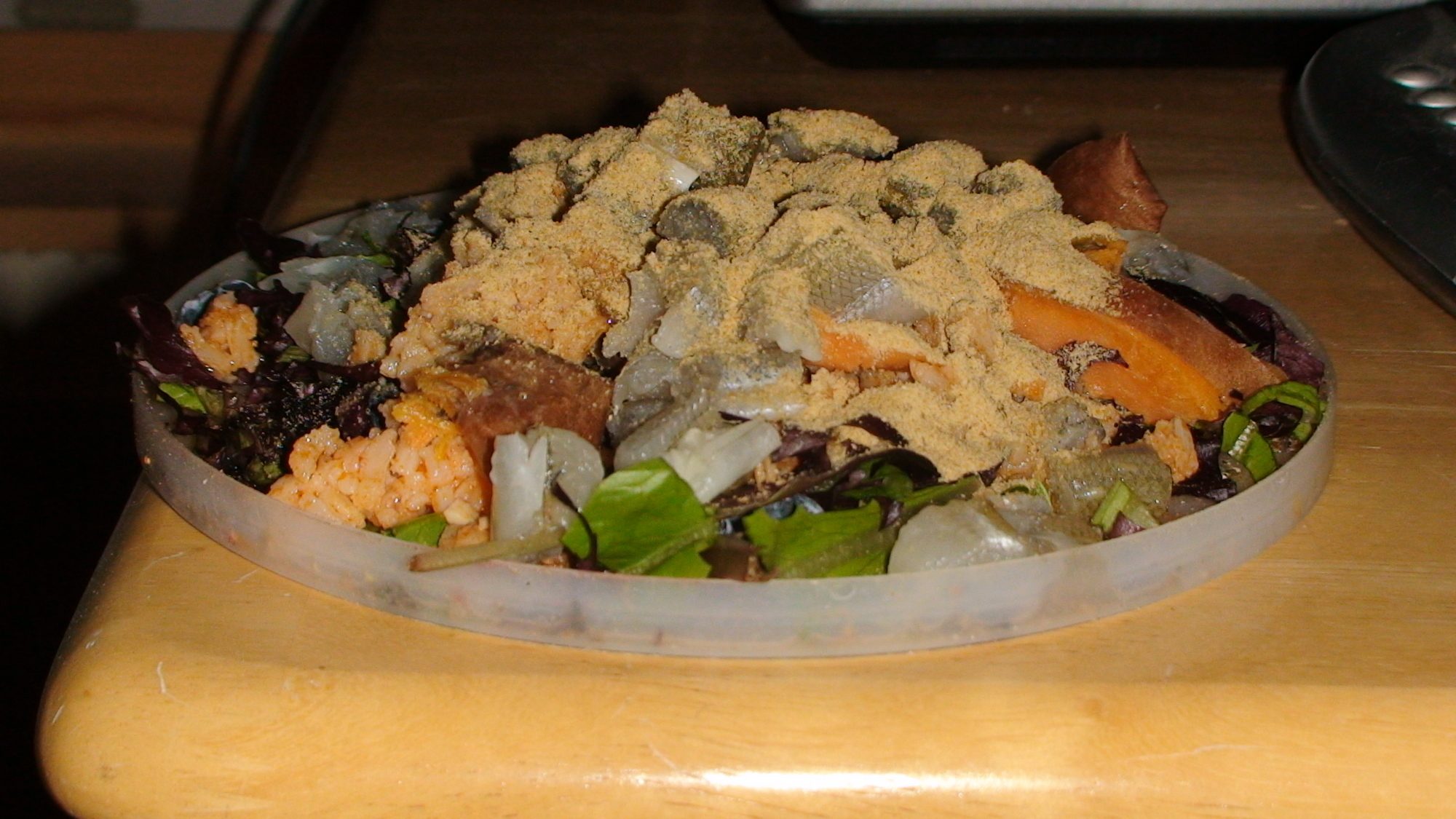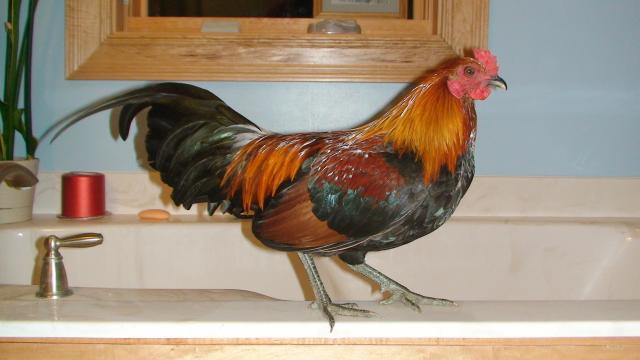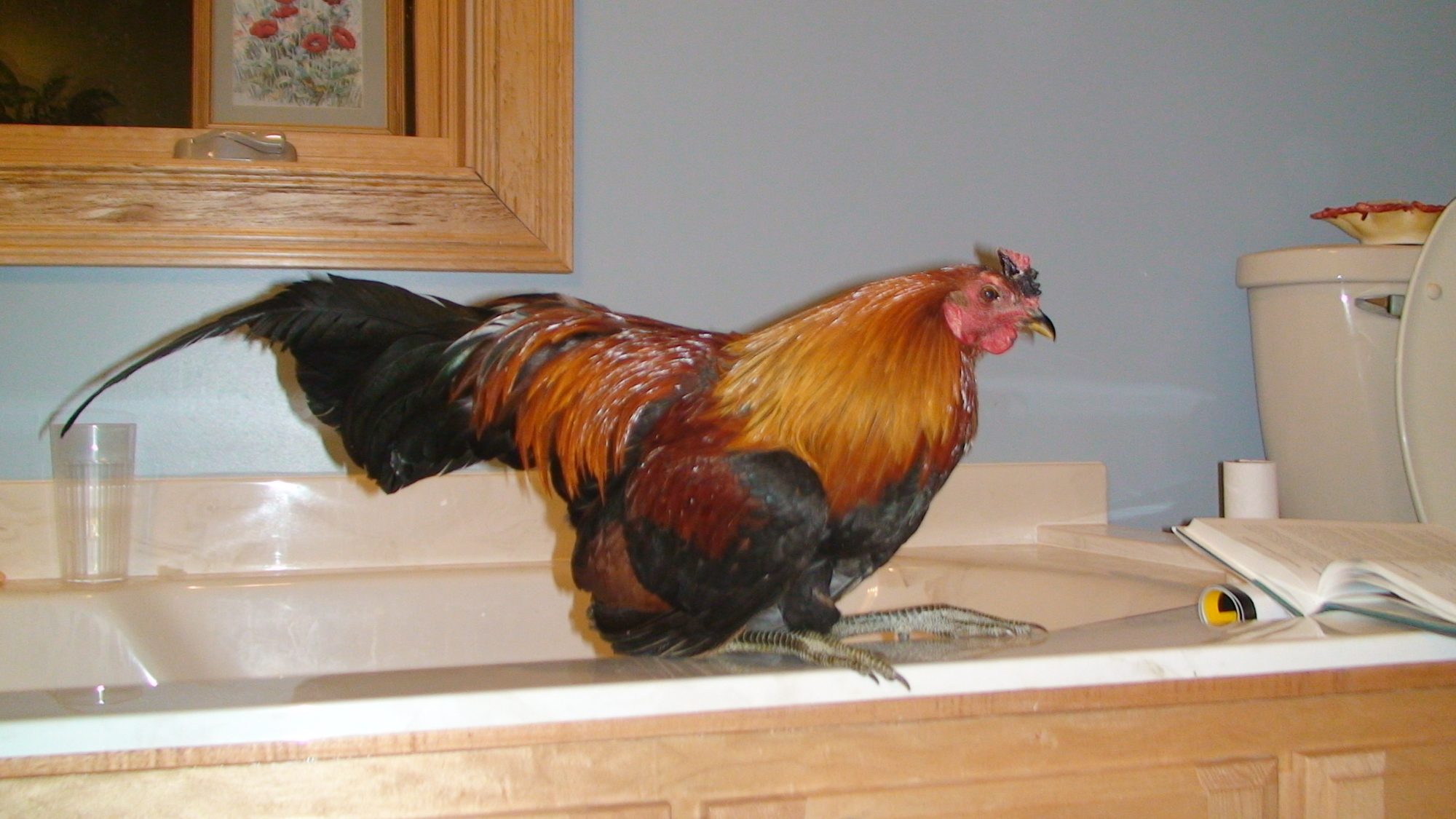If what I have read is accurate, vaccinating for Mareks keeps the birds from developing the tumors from the disease. There can still be neurological problems. The exposed birds will be carriers even if they don't display symptoms. The disease is shed through the feather follicles, in their dander. It can blow anywhere, can come from wild birds making a stop in your yard, or from your own birds that aren't displaying symptoms. It's almost impossible to stop. You would have to burn everything that came into contact with the dander from your birds. Even the fields they ranged and still not be able to kill all of it. There are products out there that can help disinfect. I believe oxine is one of them.
Sounds like you're accurate. I have not yet seen neuro problems . I think it's like everything else about Marek's-no one knows. The best anyone can do is protect their own birds, incubate and vaccinate, or buy day old hatchery vaccinated chicks and quarantine them for 2-8 weeks. This is the best.
Oxine is good. But only on solid surfaces.





